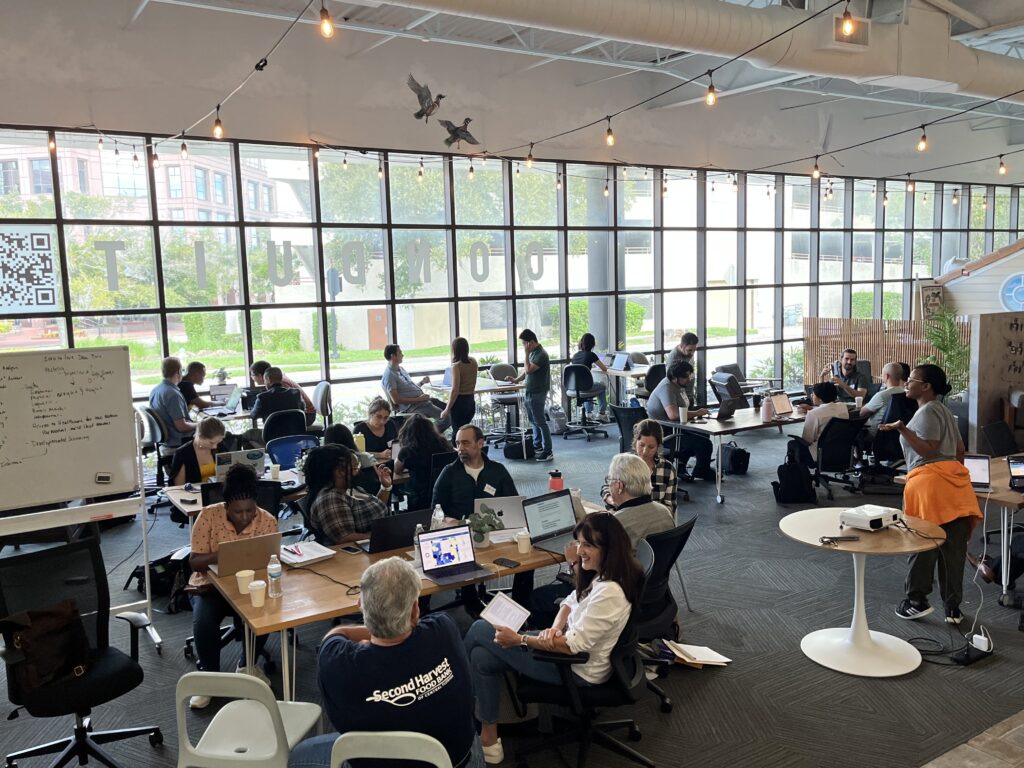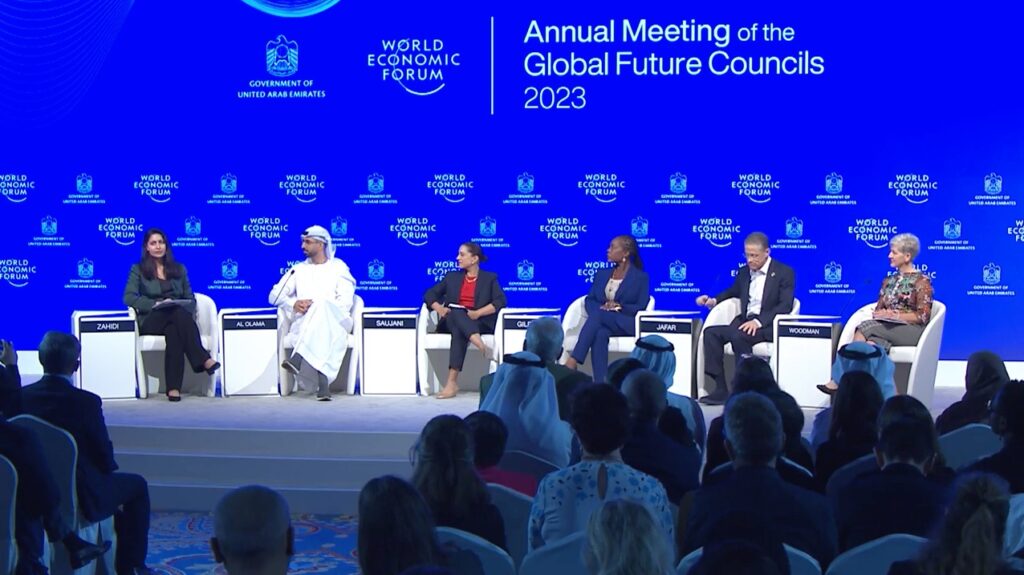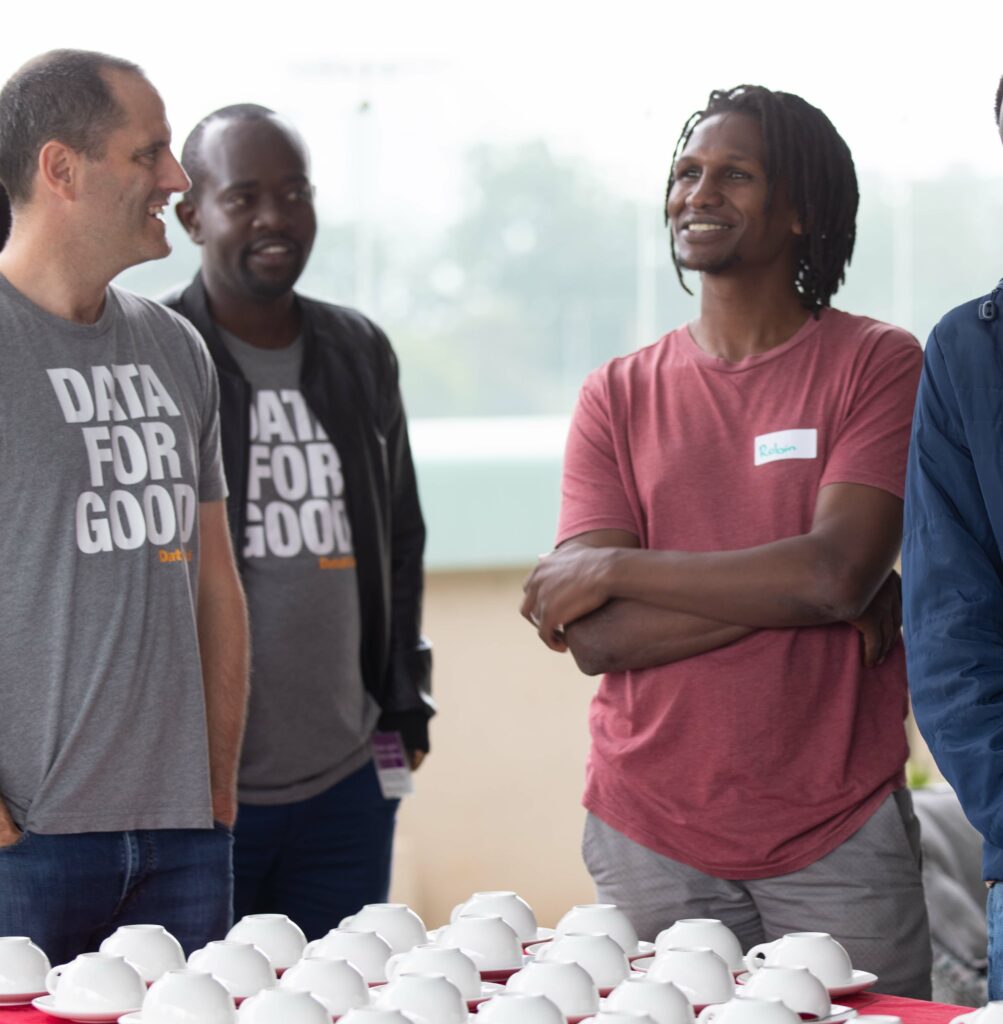Inclusive Innovation Community-Building in Central Florida
Aligning the region’s fragmented social sector ecosystem around data by “breaking down silos” and “connecting the final dots”. On a recent Friday evening, Mark Brewer and Jacques Fu joined State Representative Anna V. Eskamani to kick off DataKind’s weekend-long, high-energy hackathon devoted to building innovative digital tools that accelerate cross-sector impact. Joining them were 65 data […]
Inclusive Innovation Community-Building in Central Florida Read More »









